Parental alienation refers to a situation where one parent, intentionally or unintentionally, influences a child to reject or distance themselves from the other parent. Often occurring in high-conflict divorces, parental alienation can result in children developing negative feelings or beliefs about the alienated parent, often without firsthand experience.
Key Behaviors in Parental Alienation:
- Badmouthing the Other Parent: Negative talk about the other parent in front of the child, blaming them for family issues.
- Limiting Contact: Restricting the child’s time or communication with the other parent.
- Emotional Manipulation: Using guilt or rewards to sway the child’s loyalty.
- False Allegations: Making unfounded accusations to create fear or mistrust.
- Withholding Information: Not sharing important details about the child’s life, health, or schooling with the other parent.
Parental alienation is emotionally damaging for children, creating confusion, guilt, and distress. For the alienated parent, it’s painful and frustrating as it disrupts their bond with the child.

Tips to Handle Parental Alienation:
- Stay Positive and Consistent: Show your love and support by staying engaged, maintaining routines, and being present in the ways you’re allowed to.
- Avoid Engaging in Negative Talk: Even if you’re feeling hurt, resist talking negatively about the other parent. Your child benefits from a positive example of respect.
- Seek Professional Help: Work with a mental health professional experienced in family dynamics and child psychology. They can guide you and your child through the effects of alienation.
- Document All Communication: If the other parent is limiting contact or not sharing important information, keep a record. This documentation can be valuable in court if you need to address custody modifications.
- Focus on Building Trust: Create a safe, loving environment for your child to express themselves, encouraging open communication without judgment.
If you’re struggling with custody documents or need legal support, Karen Fischer at OC Paralegal is here to help. Understanding and navigating custody laws can make a significant difference in protecting your rights and your relationship with your child.




